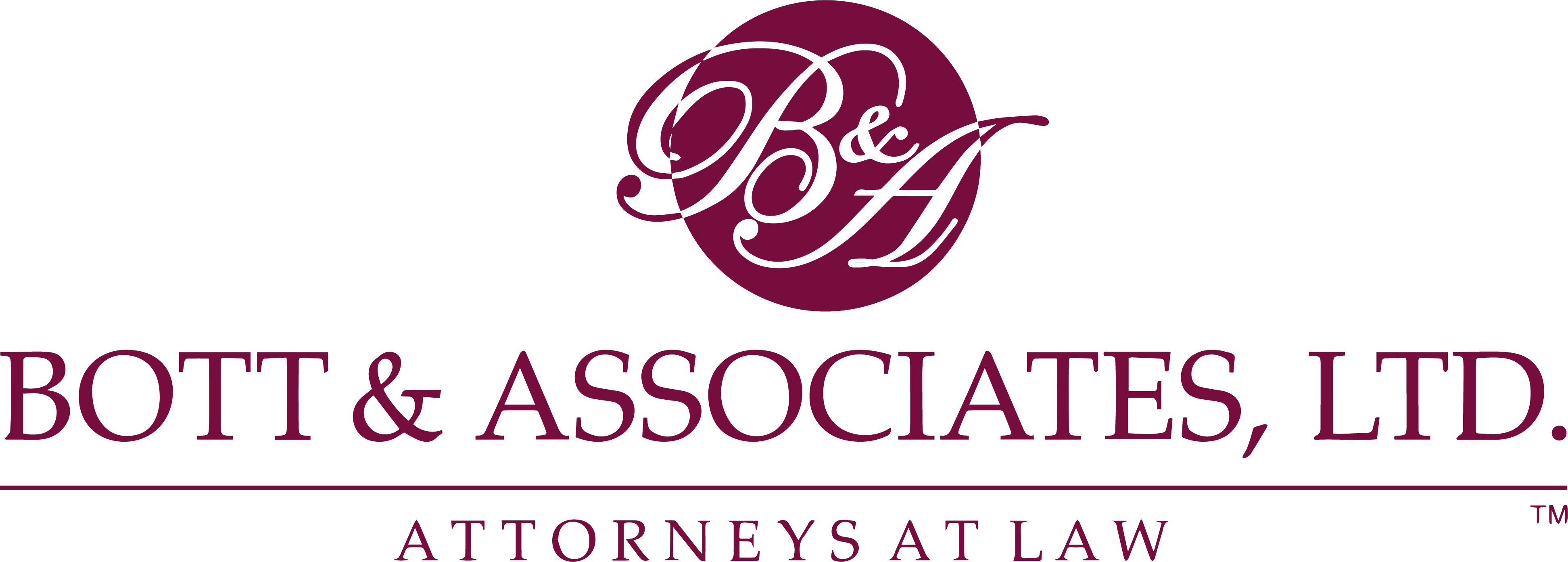Wills and Trust

If you are planning for your future, you may need the help of a trust administration lawyer in Schaumburg, IL. Planning for what happens to your estate after your death can be a daunting task. You have a will; isn’t that enough? Do you need a trust? What is a trust? The first step is an understanding of wills and trusts is talking with a Schaumburg, IL law firm that is experienced in estate planning. Bott & Associates, Ltd. has extensive legal experience guiding you through the steps to create the right documents you need to ensure the transition of your estate to your family after your death.
Certainly, a will is important. In addition to dealing with your property and how it is distributed, it also contains directives, such as guardians for your minor children if both parents are deceased. However, a will is not necessarily enough for every estate because of legal proceedings that occur before the terms of the will are carried out.
A trust is similar to a will in that it declares how your assets are distributed at the time of your death, without going through probate. For example, a trust can be used to minimize estate taxes, transfer property, watch over assets for minors, or contribute to charities.
There can be significant costs to creating a trust. A Schaumburg, Illinois trust administration lawyer from Bott & Associates, Ltd. will work with you in an efficient yet thorough manner to maximize the time spent in creating a trust that best benefits your life situation.
One reason a trust should be considered is the detailed language directing the distribution of your assets, caring for minor children (beyond the declaration of a guardian specified in the will), or managing how you want your business to be handled, to name a few examples.
The two basic types of trusts are revocable and irrevocable. A revocable trust can be altered at any time during the owner’s lifetime. An irrevocable trust cannot be changed or revoked once the trust has been executed. A revocable trust becomes irrevocable upon the death of the original owner.
A revocable trust gives its owners control over the assets in the trust. It does not go through probate upon the death of the owner. In a revocable trust, a successor trustee takes over with the grantor (owner) dies, settling the trust and distributing the assets to the beneficiaries outlined in the trust.
A big advantage over a revocable or living trust is that it prepares your estate in the event you become mentally incapacitated to the point where you are unable to make decisions or handle your affairs. Your assets do not transfer to the beneficiaries at this time, they are managed by the successor trustee. If you do not have a trust and become unable to manage your affairs, the court may appoint a guardian to do so.
Information About Trusts for First-Time Trustees
A person who is chosen as another’s trustee may feel honored yet nervous about the role to be had. The creator of a trust has picked this individual to safeguard and handle all aspects of his or her estate either while living, or after passing. A first-time trustee may have no idea where to begin in taking on the tasks associated with this role. Many new trustees may meet with a Schaumburg, IL trust administration lawyer for guidance as they manage the trustor’s finances, property, belongings, and more. When talking with an attorney, a first-time trustee may have plenty of questions similar to the following:
Q: What is the overall intention of a trustor and trustee relationship?
A: When a trustor appoints a trustee, it is often someone that he or she has grown to trust. The trustee can be a close friend, partner, relative, or attorney. The trustee doesn’t necessarily have to have experience in legalities. But, it is important that the trustee is responsible, diligent, accountable, organized, and honest. A trustee must always have the trustor’s best of intentions at heart, otherwise a person can easily take advantage of such an influential role.
Q: What if there’s a dispute among beneficiaries? What do I do?
A: Sometimes, a trustee may have to settle disputes between beneficiaries before it can escalate to litigation. The trustee must be a neutral party who doesn’t take sides, and instead makes decisions based on what is best for each beneficiary. Conflicts among beneficiaries can happen, especially if their loved one just passed on and emotions are running high. Resentments can brew to the surface and erupt while grieving, especially if a beneficiary feels they didn’t receive what they had hoped for from the trustor’s estate.
Q: What specific duties must a trustee perform?
A: The general job of a trustee is to protect, manage and distribute the trust based on instructions written by the trustor. A trustee who wants help getting prepared for the tasks at-hand, can consult with a legal professional who is knowledgeable in trust documents. Even the most genuine and thoughtful trustee may need assistance at one point or another regarding the following duties:
- Protecting and Managing Assets in the Trust: trust assets can be anything that is owned and of value to the trustor. So the trustee often has to deal with things related to the trustor’s personal property and finances. The trustee must also protect the estate from other parties who are ill intentioned and want to take advantage of what is within the estate.
- Abiding by Instructions Listed in Trust: the only exception here is if the terms written by the trustor are illegal, impossible, or unethical. Otherwise, the trustee is to responsibly carry out the wishes as listed.
- Communicating and Distributing Assets to Beneficiaries: the trustee has the obligation to inform the beneficiaries of how the estate is being handled, answer questions as needed, and distribute assets as designated in the trust.
- Preparing Trust Taxes: a trust is considered a separate legal entity, and can be taxed. The trustee is to see that tax returns are completed each year and any dues are paid directly from the trust funds.
It is best to meet with an experienced trust administration lawyer in Schaumburg, IL to discuss what options work best for your situation. The firm of Bott & Associates, Ltd. can work with you to determine which options work best for you and your loved ones. Contact a trust administration lawyer Schaumburg, IL clients recommend from Bott & Associates, Ltd. today at to get started.

